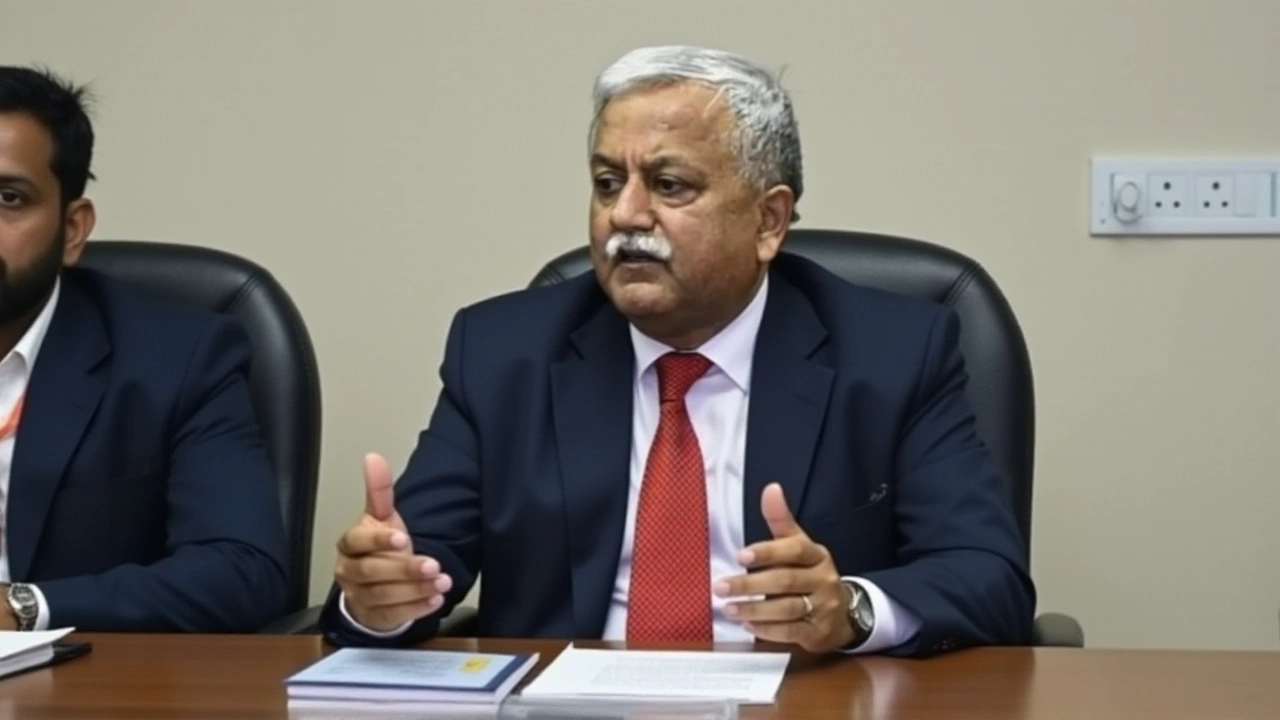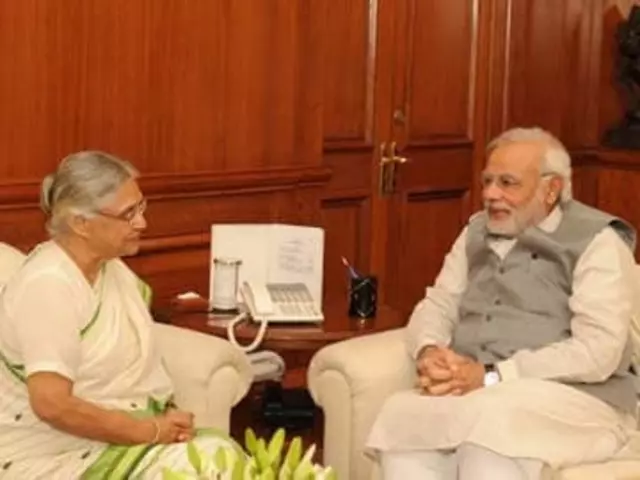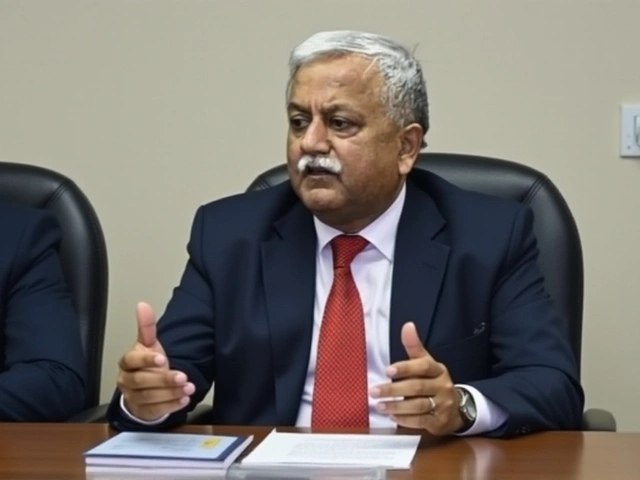Ashok Khemka – India’s Anti‑Corruption Bureaucrat
When you hear about Ashok Khemka, a senior Indian civil servant famous for exposing corruption in land and property schemes. Also known as the Land Reformer, he has spent decades pushing for transparency in government projects. His story reads like a courtroom drama: a whistle‑blower who refuses to back down, even when powerful interests try to silence him. Ashok Khemka embodies the clash between entrenched bureaucracy and the public’s demand for fairness.
Understanding his work means looking at the broader Indian bureaucracy, the massive administrative network that governs everything from village development to national policy. The bureaucracy is a labyrinth of rules, often criticized for red tape, but it’s also the engine that can drive reform when the right people are in charge. Khemka’s career shows how a single officer can navigate that maze, leveraging procedural knowledge to highlight irregularities. For example, when he flagged illegal land allocations in Haryana, the bureaucracy’s internal audit mechanisms were forced to act, proving that the system can self‑correct when pressure builds.
Key Themes Linked to Ashok Khemka
One of the hottest topics tied to his name is land reform, the process of correcting land‑ownership records, ensuring fair distribution, and preventing illegal acquisitions. Land reform is not just paperwork; it shapes who can build a house, start a farm, or invest in a commercial project. Khemka’s interventions have often revealed how outdated records enable fraud, leading to the loss of millions of rupees for the state. By demanding updated cadastral maps and transparent allocation procedures, he helped set a template that other states are now copying.
Another pillar of his legacy is the fight against corruption, the abuse of public power for private gain, especially in real‑estate and infrastructure deals. Corruption erodes trust and drives up costs for ordinary citizens. Khemka’s tenacity forced the creation of stricter audit trails for projects like the Haryana land‑lease scandal, where he exposed phantom beneficiaries and recovered significant public funds. His case demonstrates the semantic triple: Ashok Khemka challenges corruption, corruption hampers land reform, land reform needs transparency.
Closely linked to both land reform and anti‑corruption is real‑estate regulation, the set of laws and policies that govern property development, sales, and ownership. Effective regulation protects buyers, encourages investment, and curbs illegal constructions. Khemka’s whistle‑blowing often triggered revisions to zoning rules and mandatory disclosures for developers. In a sector that moves billions daily, his work illustrates another semantic triple: Real‑estate regulation requires transparent policies, transparent policies depend on vigilant officials, vigilant officials like Khemka drive reforms.
Beyond the high‑level concepts, Khemka’s day‑to‑day actions offer practical lessons for anyone interested in governance or property markets. He shows that filing a proper RTI (Right to Information) request, documenting every irregularity, and persisting despite transfers can create real change. His experience also highlights the emotional stamina needed—frequent transfers, legal battles, and media scrutiny are part of the package. Those who follow his steps learn that systemic change is a marathon, not a sprint.
What you’ll find in the collection below is a mix of stories, analyses, and opinion pieces that echo the themes Khemka champions. From deep dives into how Indian news media covers politics to examinations of private‑school pros and cons, each article touches on transparency, accountability, or the impact of policy on everyday life. Together they paint a picture of a country wrestling with the very issues Khemka has spent his career confronting.
Ready to explore how these ideas play out across politics, education, technology, and more? The posts that follow will give you real‑world examples, expert insights, and a broader view of the challenges and opportunities that define modern India. Dive in and see how the fight for honest governance connects to the stories you care about.

Bureaucratic Transfers Spotlight: Khemka, Nagpal, Kasani & Awasthi in the Crosshairs
A Khabargaon report reveals how IAS officers like Ashok Khemka and Durga Shakti Nagpal face frequent transfers after clashing with politicians, exposing systemic abuse of bureaucratic power.
News & Politics



